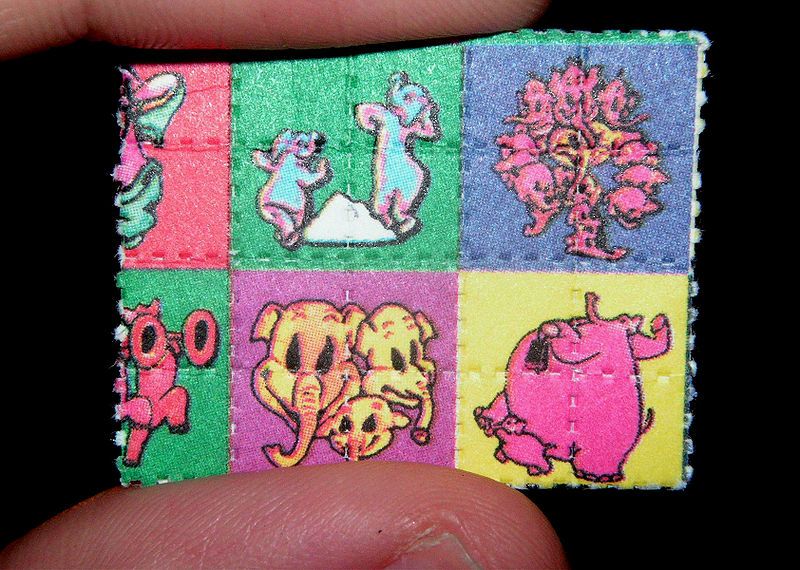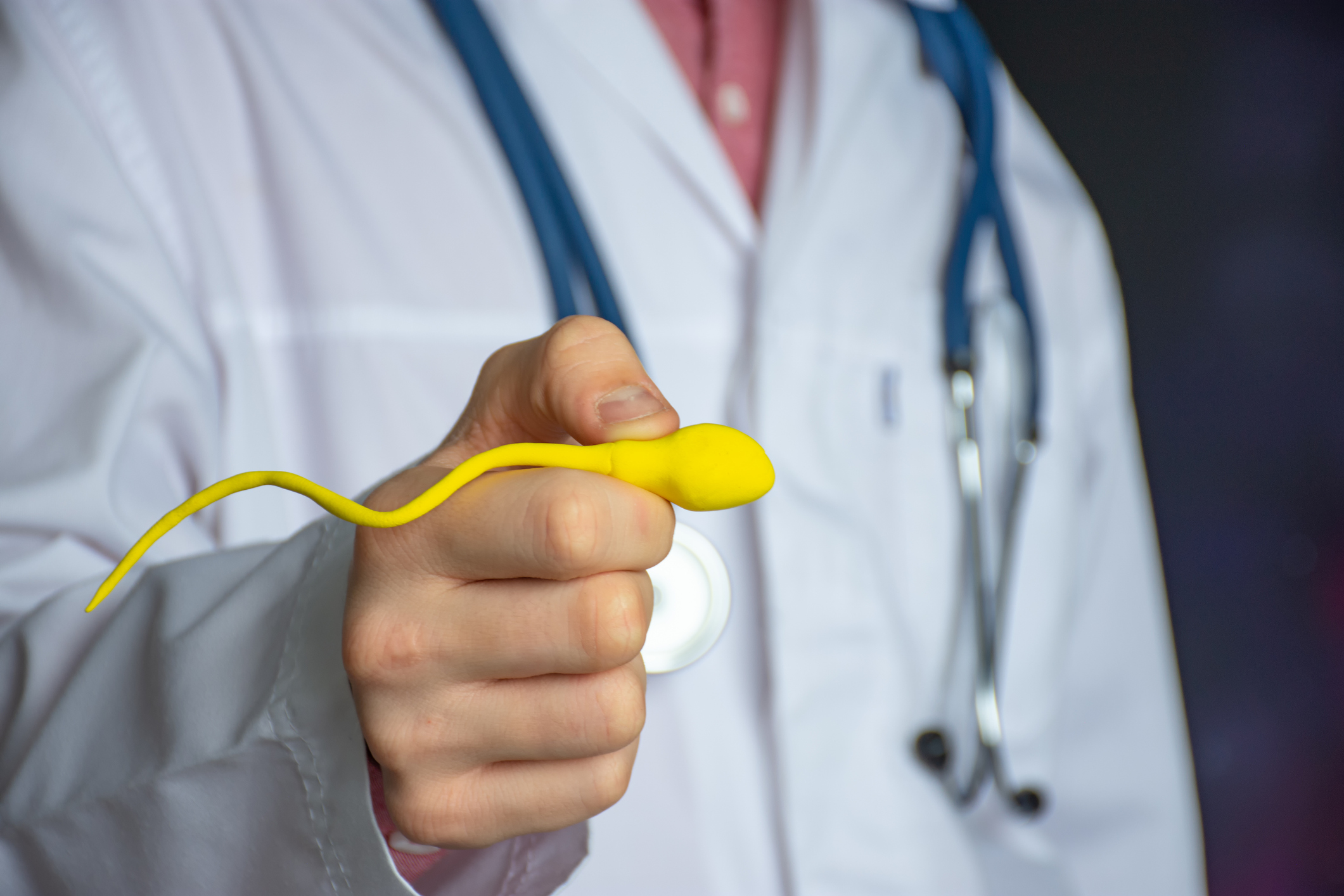
It might not seem like a good idea to give LSD to people with extreme anxiety.
But that's exactly what Swiss researchers did in a recent study of patients with life-threatening illnesses. Modern medicine has to date not been very successful at helping people in such a situation to cope, says study author and Swiss physician Peter Gasser. So the team turned to LSD, which showed promise for treating such conditions in studies done in the 1960s and 1970s.
The chemical was first synthesized and ingested by chemist Albert Hofmann in 1943, and then it was researched for treating anxiety and other mental illnesses. But, following the tumult of the 1960s and its uncontrolled (and occasionally reckless) use by many, LSD was banned in the United States in 1966, for unclear reasons. Research into the compound dried up.
But more than a generation later, Gasser and others have reignited the study of LSD's medical potential. In a recent paper published online this month in the Journal of Psychopharmacology, he and his co-authors report on their efforts to incorporate the chemical into psychotherapy sessions with 12 patients. Most of them had terminal cancer, and severe anxiety.
During sessions, half the patients were given a low, sub-effective dose of LSD, and half were given a moderately high amount (200 micrograms). Those who took low doses did not show improvements in anxiety levels, while those who got the full dose did. The former group was then given the option of taking the larger amount in a subsequent session.
During their LSD "trips," patients were supervised by a team of therapists with whom they had previously undergone several sessions to build trust and rapport. Study participants reported that the LSD led them to experience a roller coaster of intense emotions—negative and positive—and to address painful experiences and thoughts that they hadn't consciously acknowledged, the study notes.
This led to some distress, but in every case the patient made it past the emotional pain without lasting discomfort, according to the study. The LSD appeared to allow patients to address their problems in a way that produced some resolution or catharsis, write Gasser and colleagues.
Furthermore, the LSD induced mystical experiences in some several patients—they described a sense of supreme well-being and unity with others.
The LSD experience led to lasting improvements in anxiety for seven of the nine patients that completed the study and with whom researchers followed up one year later (several died from cancer before this time).
"Quality of life changed extremely insofar as I became calmer, that I take things easier," writes one study participant, as excerpted in the study. "It makes a difference if I look upon death with stress or with equanimity. I believe that is an enormous difference in quality of life. That I don't have to cry every night like in the first months. Instead I laugh.…"
The scientists also found that LSD produced no lasting side effects—no flashbacks—and no real adverse reactions besides "mild irritation" for "a day or two after the LSD session."
LSD helps patients healed by allowing them to experience "new and unknown perceptions and worlds, and expansion of consciousness," Gasser said at a conference last month on using psychedelics as medicines. "It allowed them to go beyond anxiety," he added, to get to the point where they could understand, and maybe even address, the causes of their unease.
Uncommon Knowledge
Newsweek is committed to challenging conventional wisdom and finding connections in the search for common ground.
Newsweek is committed to challenging conventional wisdom and finding connections in the search for common ground.
About the writer
Douglas Main is a journalist who lives in New York City and whose writing has appeared in the New York ... Read more
To read how Newsweek uses AI as a newsroom tool, Click here.








